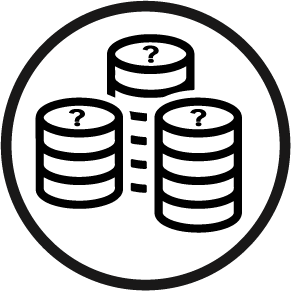Course information
Short Summary:
This course looks at how humanitarian response, including EiE, does not stand alone and is clearly and intricately connected to what happened before the emergencies and what happens after.
Course short name:
HumanitarianDevelopment Nexus and EiE 14
Hide course from catalogue: No
Topic: Technical Sectors
Management Essentials:
Safety and Security:
Programmatic Support:
Technical Sectors: COVID-19 (Coronavirus)
Humanitarian Essentials:
Language: English
Format: Online self-directed, Digital badge
Provider: Humanitarian Leadership Academy, Humanity & Inclusion, IKEA Foundation, INEE (Inter-agency Network for Education in Emergencies), LEGO Foundation, Plan International, Right To Play, Save the Children, The MHPSS Collaborative, Unicef, University of Geneva, War Child, World Vision
Region: Global
Compatibility: Tablet, Smartphone
Welcome to Unit 4 - Humanitarian-Development Nexus & EiE
This course is part of the full Education in Emergencies (EiE) Online Course
Unit 4 within the looks at how humanitarian response, including EiE, does not stand alone and is clearly and intricately connected to what happened before the emergencies and what happens after. Therefore it is vital that EiE practitioners apply a nexus approach to planning and implementing EiE responses to help ensure this coherence, reducing disruption, duplication and wastage in doing so.
 | Is this course for me? |
|---|---|
| This course is primarily designed for education in emergencies (EiE) or education practitioners to ensure they have a good understanding how and why education in emergencies fits into the humanitarian-development nexus. It may also serve as a useful resource for those working in other areas but wanting to improve their understanding of the sector by diving into this intermediate-level content. This unit underpins the subsequent EiE Online units but can also be used as a foundational pre-work for other trainings (including the EiE PDP Fundamentals course). | |
 | How will I benefit from this course? |
On completion of this course you will be able to:
| |
 | How long will it take? |
| This course should take you around 6 hours to complete. | |
 | How much does it cost? |
| This course is free! | |
 | Will I get a badge or certificate at the end? |
| Yes - you will be able to claim your badge once you have completed the unit. | |
 | How do I start? |
| Scroll to the top of the page and click on the 'Join course' button. This will take you through to the course content. You don't need to complete the course in one go - you can always continue later from where you left off. |

